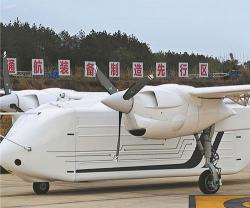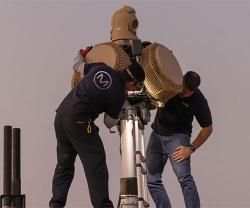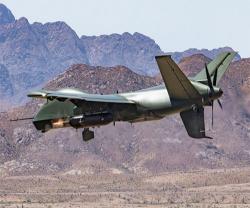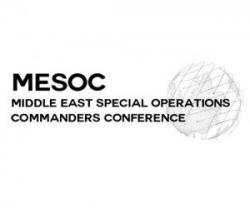Etihad Airways and Abu Dhabi Waste Management Center (Tadweer) are set to collaborate on a landmark research project to explore how municipal waste can be converted into jet fuel.
Representing a major development in the adoption of sustainable fuel, one of the aims of the project would be to use the final jet fuel on Etihad Airways’ flights.
Etihad and Tadweer signed a Memorandum of Understanding (MoU) at Etihad’s headquarters. The MoU mandates the two entities to undertake an initial feasibility study towards developing a flagship waste-to-fuel facility in Abu Dhabi.
Mohammad Al Bulooki, Chief Operating Officer at Etihad Aviation Group, said: “Waste-to-biofuel is a cutting-edge technology - one that Etihad Airways believes will have a profoundly positive impact on the aviation industry, while also providing waste management solutions and a cleaner environment.
“The adoption and upscaling of sustainable energy supplies is a crucial step towards reducing Etihad Airways’ dependency on fossil fuels, allowing the airline to grow sustainably and offset carbon emissions.
“This landmark agreement signed with Tadweer today reflects Etihad Airways’ mutual commitment to sustainability, and the airline hopes that it can bring about lasting change to the sustainable energy landscape in the UAE.”
Dr. Salem Al Kaabi, Acting General Manager of Tadweer, said: “The MoU aligns with our mandate to deliver highly innovative industrial and municipal waste management solutions, as well as our commitment to the National Agenda of the UAE Vision 2021 and Abu Dhabi Waste Master Plan 2040 that aims to divert 75 percent of municipal solid waste away from landfills.”
He added: “The conversion of waste into energy is one of the most promising fields of research emerging globally, and we look forward to executing our joint feasibility study with Etihad Airways.”
Following the initial study, Etihad Airways and Tadweer will explore the possibility of developing a long-term project with additional partners.
The project’s progress and other carbon offset opportunities will be coordinated through a joint work committee comprising Etihad Airways and Tadweer personnel.
In addition to the environmental benefits, the project has economic advantages as well, as the cost of production could be as low as 50 percent of average international oil prices. Therefore, the adoption of waste-to-energy is one area in which the aviation industry can reduce its carbon footprint, which currently accounts for two per cent of global emissions.
According to recent industry estimates, the long-term production of sustainable and renewable jet fuel could allow Etihad Airways to reduce its carbon emissions by up to 90 percent.
With an estimated 700,000 tons per annum of municipal waste in Abu Dhabi that could potentially be converted into jet fuel or other energy sources, the project aims to bolster local sustainability efforts carried out by Tadweer, which is responsible for implementing Abu Dhabi’s waste management strategy and services.
Other sustainable fuel projects undertaken by Tadweer include a facility that recycles cooking oil into biofuel, set to open later this year.
Etihad Airways has significant experience in this field through its work as a member of the Sustainable Bioenergy Research Consortium, which oversees a world-first initiative to produce both food and fuel in desert lands irrigated by seawater.
The project will generate biofuel from plant seeds grown using seawater and nutrients from an environmentally-friendly aquaculture system that provides a sustainable source of seafood.





















